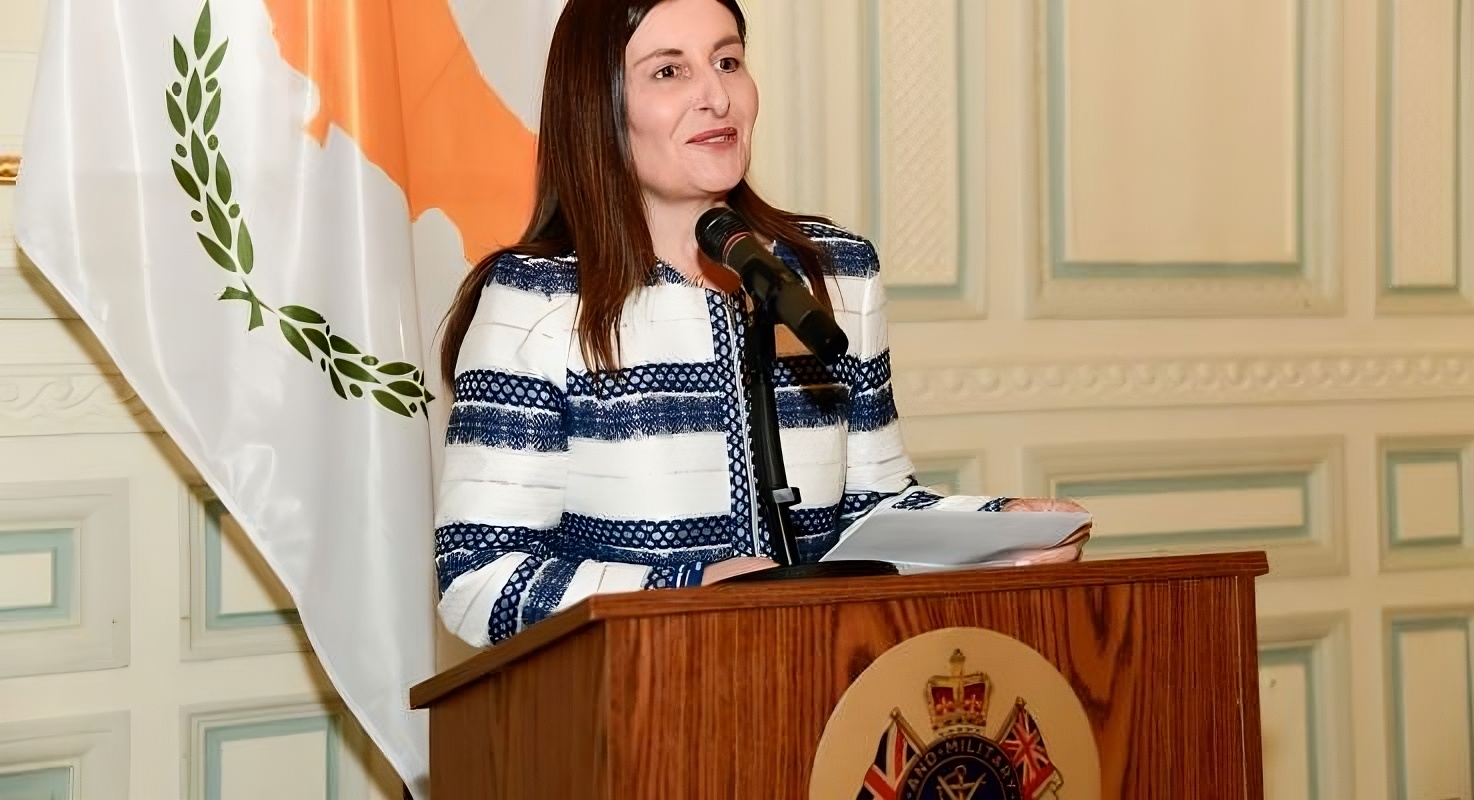Cyprus links geography to global transport and development strategy
Deputy Shipping Minister Marina Hadjimanolis reaffirmed Cyprus’ commitment to development approaches that are inclusive and human-centred during her address at the third United Nations Conference on Landlocked Developing Countries in Turkmenistan.
She emphasised the importance of ensuring that all communities benefit from growth, particularly women, youth, and marginalised groups.
“The Republic of Cyprus supports integrated approaches that link development with humanitarian action and ensure that inclusive growth reaches all communities, particularly women, youth and marginalised groups,” she said.
Hadjimanolis underlined the need to address the development challenges faced by Mediterranean developing countries, least developed countries, and small island developing states through coherent and complementary strategies.
She stated that Cyprus considers the Awaza Programme of Action for the decade 2024–2034, adopted by the UN General Assembly in December 2024, as a roadmap for empowering the world’s least developed countries.
“Cyprus, as a small island state, is familiar with the developmental impacts of geography,” she said.
Moroever, she stressed the strategic importance of strengthening regional transport corridors, enhancing digital connectivity, and promoting multimodal transport systems, particularly across Africa, Asia and Central Europe.
She also mentioned that Cyprus, as a member of the Human Rights Council for the 2025–2027 term, will continue to champion key priorities.
These include non-discriminatory access to education, the protection of children’s rights, gender equality and women’s rights, equality in employment, and the promotion of economic, social and cultural rights, as well as the rights of older persons.
What is the Awaza Programme of Action?
The Awaza Programme of Action (APoA) 2024–2034 is the United Nations’ strategic roadmap to tackle the structural challenges faced by the world’s 32 landlocked developing countries (LLDCs), home to over 600 million people.
Adopted by the UN General Assembly in December 2024, the APoA aims to enhance trade, infrastructure, climate resilience, and access to financing.
It sets out concrete goals, including creating regional agricultural research hubs, launching an infrastructure finance facility, establishing high-level panels on transit freedom and climate-trade negotiations, and initiating a WTO work programme tailored for LLDCs.
Described as a “decade of ambition”, the APoA seeks to turn geographical disadvantage into shared opportunity, helping LLDCs become active, integrated participants in the global economy.
It was officially launched at the third UN Conference on LLDCs in Awaza, Turkmenistan, under the theme “Driving Progress through Partnerships”.






Click here to change your cookie preferences